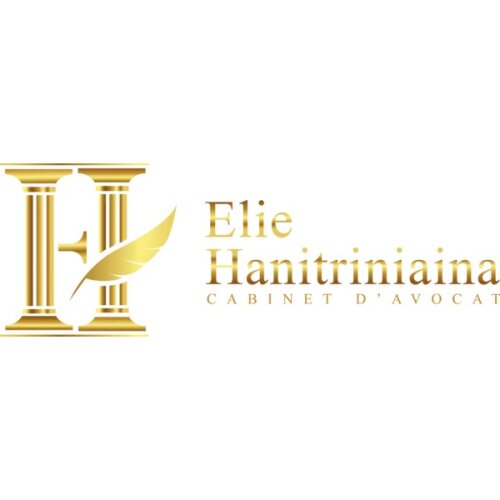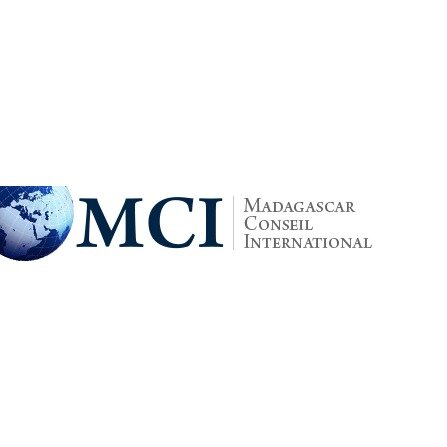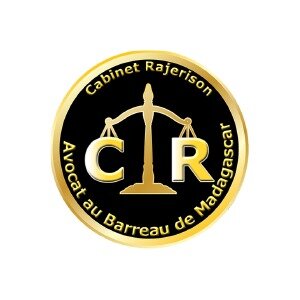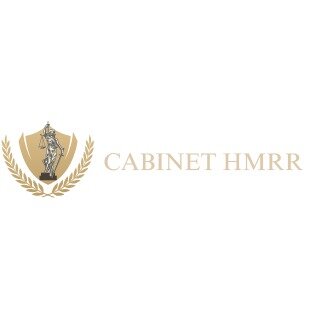Best Public-Private Partnerships (PPP) Lawyers in Madagascar
Share your needs with us, get contacted by law firms.
Free. Takes 2 min.
Or refine your search by selecting a city:
List of the best lawyers in Madagascar
About Public-Private Partnerships (PPP) Law in Madagascar
Public-Private Partnerships (PPP) in Madagascar are collaborative arrangements between the public sector and private entities to design, finance, build, operate, and maintain infrastructure or deliver public services. The Malagasy government encourages PPPs to attract private investment, enhance service delivery, and support national development. PPPs are most commonly seen in sectors such as energy, transportation, water supply, healthcare, and education. The legal environment for PPPs in Madagascar is shaped by a combination of specific statutes, sectoral regulations, and international best practices.
Why You May Need a Lawyer
Entering into or managing a PPP project can be legally complex. Legal support is crucial in several situations, including:
- Drafting, negotiating, and reviewing PPP contracts and concession agreements to protect your interests.
- Understanding your rights and obligations under Malagasy PPP laws and regulations.
- Navigating regulatory approval processes and securing relevant government permits.
- Resolving disputes that may arise between public and private sector partners.
- Managing land acquisition, environmental compliance, or labor law matters connected to PPP projects.
- Participating in competitive bidding or tendering for PPP contracts.
- Arranging project financing in compliance with local legal frameworks.
- Ensuring compliance with anti-corruption, transparency, and public procurement rules.
Due to the high value and long-term nature of PPP projects, legal missteps may result in significant losses or delays, making professional legal advice essential.
Local Laws Overview
In Madagascar, PPPs are regulated by a dedicated PPP Act, sector-specific laws, and related regulations. Key features of the PPP legal framework include:
- Clear definition of PPPs and the types of projects eligible under the law.
- Established roles and responsibilities of public authorities and private partners.
- Transparent processes for tendering and awarding PPP contracts.
- Requirements for feasibility studies, risk assessments, and public consultations before a project can begin.
- Rules on contract duration, rights to operate infrastructure, and requirements for asset transfer at project conclusion.
- Mechanisms for dispute resolution, including arbitration.
- Guidelines for project financing structures, government guarantees, and payment mechanisms.
- Special provisions for land use, environmental protection, and local content requirements.
The local PPP unit, often housed within a ministry or government agency, is responsible for overseeing PPP projects, providing guidance, and monitoring compliance.
Frequently Asked Questions
What is a Public-Private Partnership (PPP) in Madagascar?
A PPP in Madagascar is a contractual agreement where a private partner works with public authorities to develop, finance, build, operate, or maintain public infrastructure or deliver key services. These partnerships are governed by both general and sector-specific laws.
Who can participate in PPP projects in Madagascar?
Both local and international private companies, financial institutions, and consortiums are eligible to participate in PPP projects subject to meeting legal, technical, and financial criteria set by Malagasy authorities.
What sectors commonly use PPPs in Madagascar?
PPPs are particularly common in transport (roads, ports), energy (power plants, renewables), water supply, sanitation, health, and education sectors.
How are PPP contracts awarded?
Most PPP contracts are awarded through competitive bidding or tender processes that emphasize transparency and fairness. Some projects may qualify for direct negotiation under certain legal exceptions.
Are there specific government agencies that oversee PPPs?
Yes, Madagascar has a dedicated PPP unit or cell, typically operating under the Ministry of Economy and Finance or a similar agency, with responsibility for PPP policy, project preparation, and oversight.
What legal protections exist for private investors?
Private investors in PPPs are protected by contractual terms, dispute resolution provisions, and, where appropriate, international investment treaties to which Madagascar is a party.
What happens if a dispute arises in a PPP?
Disputes are addressed first through negotiation, but contracts typically include provisions for arbitration or recourse to Malagasy courts if needed.
Are there local content or employment requirements?
Some PPP projects must comply with local content policies that require the use of Malagasy labor or materials, especially in certain strategic sectors.
How long do PPP contracts typically last?
The duration of PPP contracts ranges widely depending on project scale, often from 10 to 30 years, with detailed terms set out in the agreement.
Is foreign direct investment allowed in PPPs?
Yes, Madagascar welcomes foreign direct investment in PPPs, subject to compliance with local laws, sectoral regulations, and any national security considerations.
Additional Resources
For more information or for support, consider contacting:
- The Government PPP Unit - usually within the Ministry of Economy and Finance or equivalent ministry.
- Madagascar’s National Investment Promotion Agency (EDBM) for investment-related guidance.
- Sector ministries such as Energy, Transport, or Health for sector-specific PPP frameworks.
- Chamber of Commerce and Industry of Madagascar for business and legal referrals.
- Qualified attorneys specializing in project finance, infrastructure, or public law.
- International bodies such as the World Bank or African Development Bank, which often provide PPP advisory support.
Next Steps
If you are seeking legal assistance regarding Public-Private Partnerships (PPP) in Madagascar, consider the following steps:
- Define your project or legal issue clearly and gather all related documents.
- Identify and consult with a lawyer experienced in Malagasy PPP law and public procurement.
- Contact the relevant government agency or PPP unit for official guidance and information.
- Review the PPP legal framework and any sector-specific rules related to your project.
- Engage in early due diligence to address regulatory, financial, and environmental requirements.
- Stay informed about updates in PPP regulations and best practices in Madagascar.
Acting promptly and getting specialized legal support can help you navigate the PPP process efficiently and safeguard your interests.
Lawzana helps you find the best lawyers and law firms in Madagascar through a curated and pre-screened list of qualified legal professionals. Our platform offers rankings and detailed profiles of attorneys and law firms, allowing you to compare based on practice areas, including Public-Private Partnerships (PPP), experience, and client feedback.
Each profile includes a description of the firm's areas of practice, client reviews, team members and partners, year of establishment, spoken languages, office locations, contact information, social media presence, and any published articles or resources. Most firms on our platform speak English and are experienced in both local and international legal matters.
Get a quote from top-rated law firms in Madagascar — quickly, securely, and without unnecessary hassle.
Disclaimer:
The information provided on this page is for general informational purposes only and does not constitute legal advice. While we strive to ensure the accuracy and relevance of the content, legal information may change over time, and interpretations of the law can vary. You should always consult with a qualified legal professional for advice specific to your situation.
We disclaim all liability for actions taken or not taken based on the content of this page. If you believe any information is incorrect or outdated, please contact us, and we will review and update it where appropriate.
Browse public-private partnerships (ppp) law firms by city in Madagascar
Refine your search by selecting a city.














